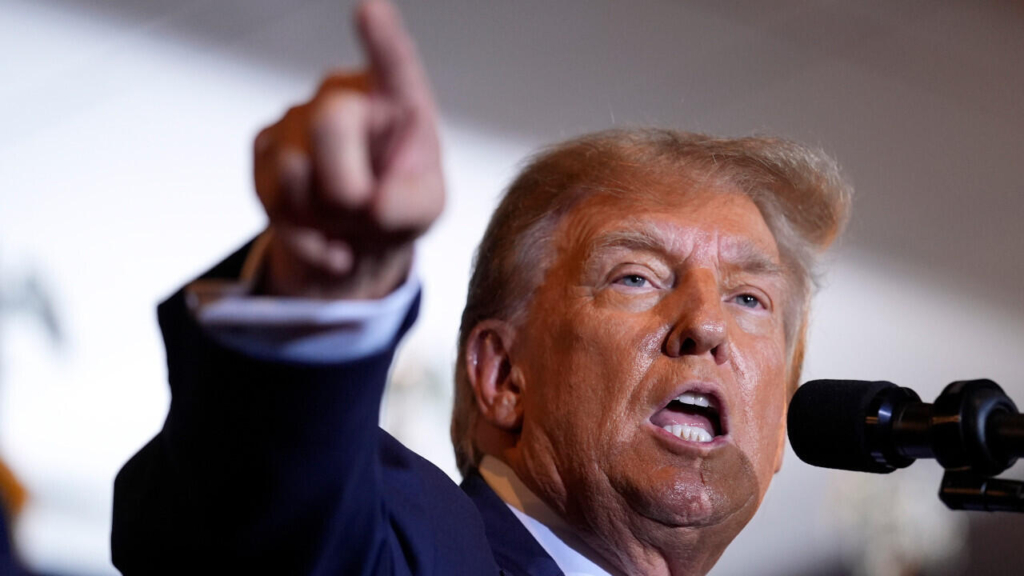Recently, U.S. President-elect Donald Trump shared his positive views on Bitcoin, seeing it as an important asset for keeping America’s economic strength.
Trump suggested creating a Bitcoin reserve, similar to the country’s oil reserves, to strengthen the U.S. economy and reduce inflation risks while addressing a virtual audience. The move from careful rules to getting involved in the cryptocurrency market could greatly affect Bitcoin’s value, with estimates saying it might hit $15 trillion in total worth.
Senator Cynthia Lummis has proposed the BITCOIN Act, which suggests that the U.S. buy 1 million Bitcoins over five years. Supporters, like billionaire investor Tyler Winklevoss, see this initiative as a smart step that could make the U.S. a leader in blockchain innovation and keep the dollar important against new global competitors. Critics warn that Bitcoin’s instability could put taxpayer money at risk if national reserves are linked to it.
The proposal has deepened political divides, with Republicans supporting it to compete with rivals like China, while Democrats worry about regulatory oversight. There is also the possibility of a “Bitcoin cold war,” as countries such as Russia look into similar approaches.
Trump’s plan could change the global financial scene and might boost Bitcoin’s value a lot, but it also brings important risks and challenges that need to be dealt with.



